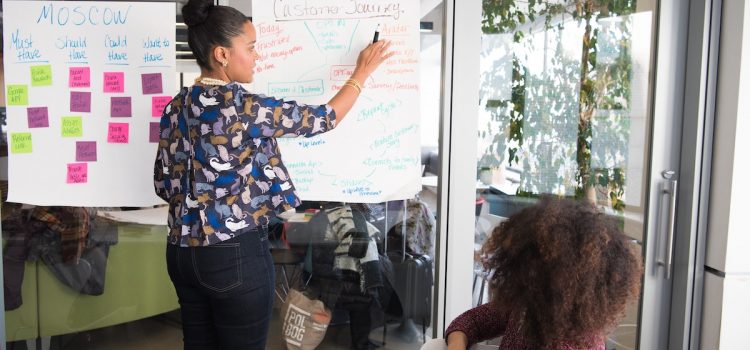What do billboards and TV commercials have in common? How much are you annoyed by their intrusion? Even if you haven’t heard the specific term before, “Interruption Marketing” probably sounds familiar. You’ve had your experience disrupted by ads that you don’t expect or want. You certainly didn’t ask for them. Seth Godin explains why this type of marketing had its heyday—but it’s finally time to move on. Read more to learn three reasons why Interruption Marketing is no longer as effective as it used to be.
3 Reasons Why Interruption Marketing Doesn’t Work (Seth Godin)










